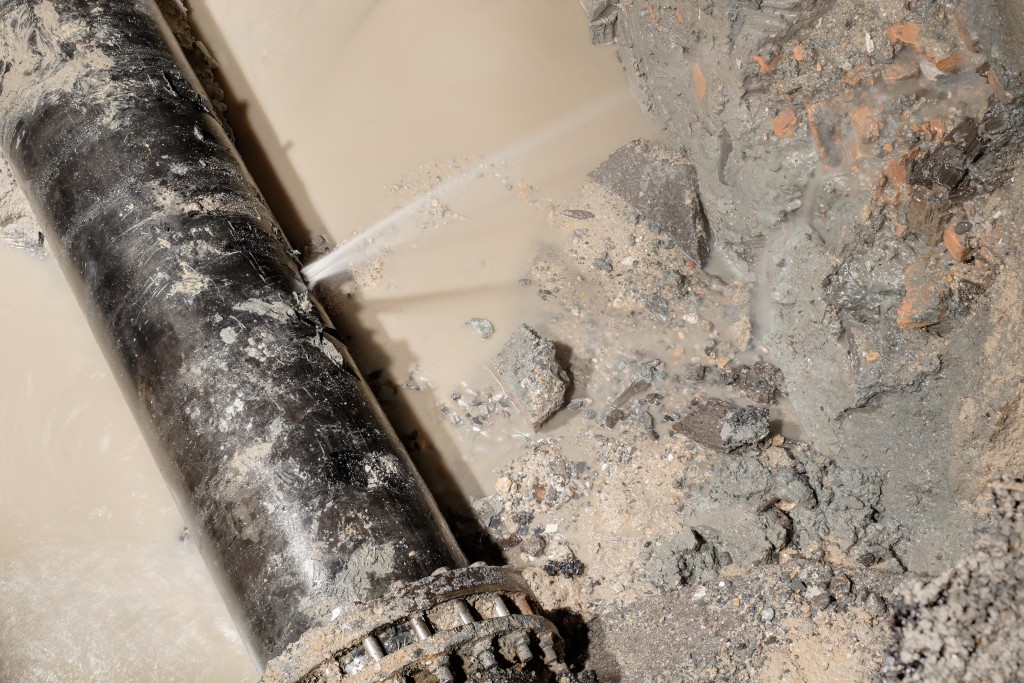Marine operations come in many varieties. From repair work and construction to even the maintenance of existing structures, marine operations could include deep sea excavation, tunneling, and exploration that would require electrical equipment and the use of electrical cables. Electrical cables are critical to marine operations, but not every kind could withstand the waves and currents of the world’s oceans. Competent and reliable marine cable suppliers will tell you that even the most potent of terrestrial cables aren’t going to be effective in such a wet environment. If you want all your work to go smoothly, invest in the right kinds of cables. Here are the things that you need to look out for in marine cables.
Impregnability
Cables used in marine operations can’t just be water resistant; they need to be proofed against water. You can’t just rely on providers who will give vague promises—you need it shown, proven and tested before your eyes. After all, marine operations can cost millions of dollars, so you can’t risk it all on a poor-quality cable provider. Do the right amount of inspection to test the quality. It can mean the difference between success and failure.
Capacity
Another consideration that’s just as important is the capacity of the cable to carry a current. Specifically, consider how efficiently such a cable conducts a current through it. Also, consider what capacity of current or power the cable you’re getting from top marine cable suppliers can give. If it doesn’t even meet the minimum requirements, it isn’t worth getting. Look for other alternatives that aren’t necessarily costlier.
Durability
 It isn’t enough that the cables you use are impregnable to water. They need to be durable and long-lasting as well. After all, it isn’t just the water that they need to deal with: there are currents, waves, and underwater creatures that can threaten the integrity of the cable as it is spooled out in the open waters. Curious marine life is certainly one of them, debris on the ocean floor is another, and all these things carry with them the dangerous risk of damaging your cables that may negate any work being done. Repairing damaged cables may cost more.
It isn’t enough that the cables you use are impregnable to water. They need to be durable and long-lasting as well. After all, it isn’t just the water that they need to deal with: there are currents, waves, and underwater creatures that can threaten the integrity of the cable as it is spooled out in the open waters. Curious marine life is certainly one of them, debris on the ocean floor is another, and all these things carry with them the dangerous risk of damaging your cables that may negate any work being done. Repairing damaged cables may cost more.
Length
Another important thing to consider is whether or not the supplier you’re considering is capable of providing the right lengths of cable. The key is not to get the exact length you need. Consider getting at least 50 percent extra to make sure you’ll never run out should any contingencies disrupt your work. You’ll never know what may happen.
The key to finding the right marine cable is to consider these characteristics carefully. Also, make sure that they fit the needs of your equipment. The best suppliers will be able to provide you with the best kind of cables to get the job done properly. They will even provide further explanations about the type of cables they have to offer. These are the most important things that you need to consider to make sure you get only the best.
